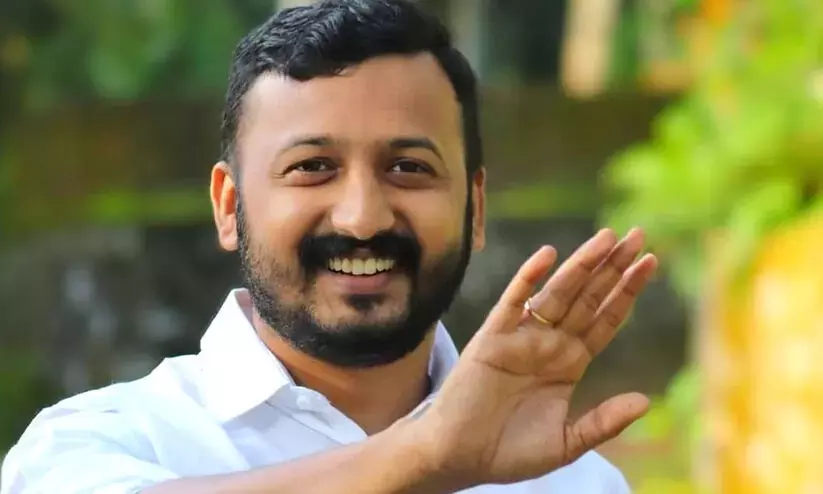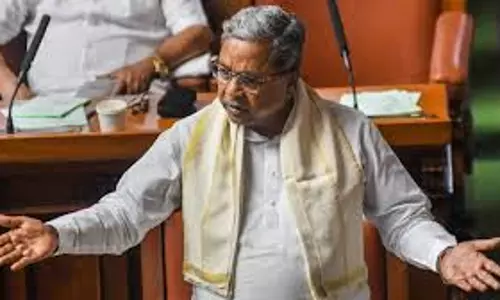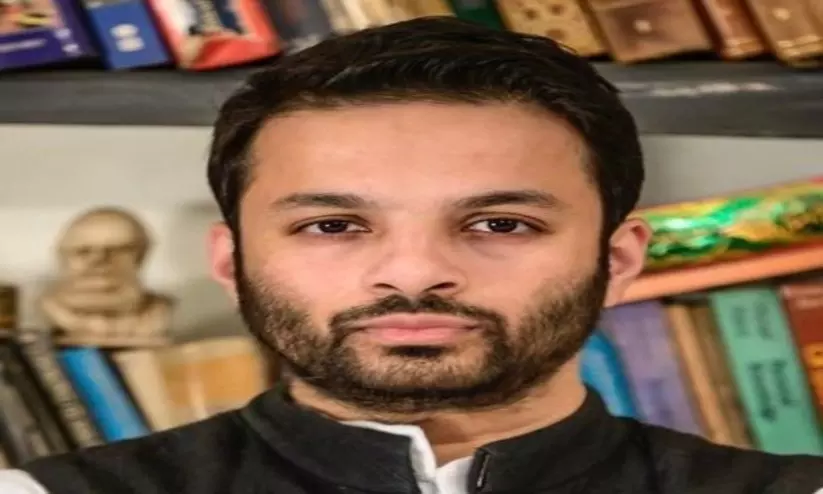
Academics criticise Ashoka University professor’s remarks as ‘Veiled misogyny’
text_fieldsA formal ‘Statement of Objection’ has been signed by more than 200 academics including around 20 current and ex- Vice Chancellors and heads of educational institutions registering their criticism against Ashoka University professor Ali Khan Mahmudabad for his recent remarks after Operation Sindoor.
Earlier this week, a statement was released criticizing remarks made by Professor Mahumadabad, suggesting that his comments could potentially disrupt communal harmony, undermine institutional credibility, and erode gender equity. The statement also called on the Supreme Court to consider the wider social and legal consequences of his remarks.
JNU Vice Chancellor Prof Santishree Dhulipudi Pandit, Gujarat University V-C Dr Neerja Gupta, Central University of Rajasthan V-C Prof Anand Bhalerao, University of Ladakh V-C Prof Saket Kushwaha, and Central University of Punjab VC Prof R P Tiwari are few among the signatories.
JNU officials have told The Indian Express that the statement has been endorsed by V-C Pandit.
The statement characterizes Professor Mahmudabad’s observations as veiled misogyny cloaked in pseudo-academic inquiry. It expresses strong disapproval of his remarks concerning Colonel Sofiya Qureshi’s participation in the post-operation press briefing.
“By framing her presence as performative or tokenistic, [he] attempts to delegitimize her role… This is regressive, gender-disempowering, and contrary to both legal norms and societal progress,” it reads.
It goes on to state: “The subtext of his rhetoric operates on a reductionist logic that casts women — notably those in uniformed service — not as autonomous agents of State action, but as symbolic instruments co-opted to legitimize purportedly communal agendas… Such speech, in the current context, not only impugns the integrity of national institutions but also fosters cynicism regarding the genuine and commendable contributions of individuals such as Colonel Qureshi,” Indian Express reported.
Dr Gupta, the Vice-Chancellor of Gujarat University and one of the signatories of the statement, emphasized in comments to The Indian Express that a teacher is an institution himself and must be cautious about their public statements, as these can deeply affect students. He stressed that teachers have a duty to be especially mindful when the country is going through a tough time and should refrain from making such remarks.
At the same time, a broad alliance of academics, students, and teachers' groups has come out in support of Professor Mahmudabad, denouncing what they view as a state-led crackdown on academic freedom.
During a press conference held on Tuesday at the Press Club of India, representatives from the Joint Teachers’ Organisations strongly criticized the arrest of Dr Khan by Haryana Police. Surajit Mazumdar of the JNU Teachers’ Association argued that the action was not only a violation of Dr Khan’s freedom of expression but also a broader threat to the public’s right to engage in open, informed dialogue essential for national progress.
Anita Rampal, former Dean of Delhi University, highlighted that Professor Mahmudabad cultivated an ecosystem of trust, respect, and love in his classrooms, calling for all charges against him to be dropped.
Student union leaders including Insha from Ashoka University and Nitish Kumar of JNU, also expressed solidarity with Professor Khan and voiced their support for him.


















